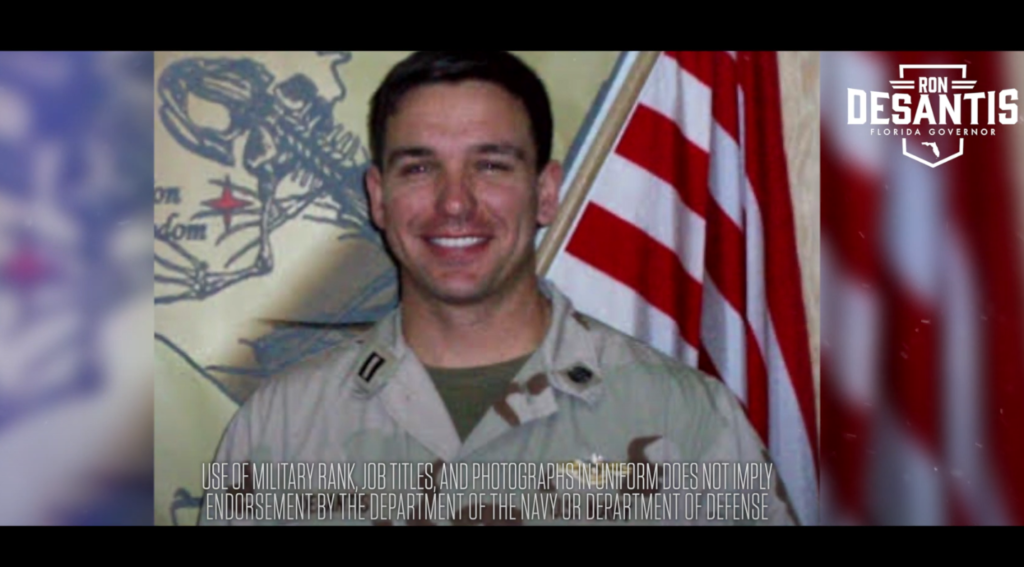Ryan Sanshuck, a U.S. Army combat veteran, Purple Heart recipient, and licensed social worker, has devoted his post-military life to fighting for justice, truth, and compassion for those society often overlooks. Having served in Operation Iraqi Freedom from 2006 to 2007, Sanshuck returned home carrying the invisible wounds of war—nightmares, rage, depression, and panic attacks. His journey of recovery, aided by access to mental health care, has fueled his mission to advocate for others who are not afforded the same opportunities for healing.
In November 2025, Florida faced national scrutiny as it prepared to execute two U.S. military veterans within the same week. U.S. Marine Corps veteran Bryan Frederick Jennings was scheduled for execution on Thursday, November 13, just two days after Veterans Day, followed by U.S. Army veteran Richard “Malik” Randolph (Malik Abdul-Sajjad) on November 20. This marked a troubling milestone: the state would have executed nine veterans under Governor Ron DeSantis, more than any other governor in Florida’s history, including five in the current year alone.
Sanshuck’s advocacy highlights the profound injustices these actions represent. Every veteran on Florida’s death row served their country, yet many returned home burdened by untreated mental health conditions such as PTSD, traumatic brain injuries, Gulf War Illness, or severe service-related mental illness. According to Sanshuck, these conditions are not excuses for criminal behavior but underscore systemic failures: “The only difference between me and the veterans Florida is about to kill is that I had access to care. They didn’t. That’s not an excuse for what they did. It’s an indictment of what we did to them.”
The U.S. Supreme Court recognized the need for leniency toward veterans in the 2009 case Porter v. McCollum, noting that combat trauma carries a mental and emotional toll that can be mitigating in criminal proceedings. Despite this precedent, Florida’s courts and Governor DeSantis have repeatedly allowed executions to proceed, even as the state claims to uphold veteran-friendly policies. Sanshuck underscores the hypocrisy: “A veteran-friendly state does not execute veterans. A leader who claims to honor service should not take the lives of those who bore the cost of it.”
For Sanshuck, these executions represent the culmination of a cycle of abandonment. Veterans are sent to war, returned home with invisible wounds, and denied adequate care; when they struggle to navigate life afterward, the state responds with death. “When the State of Florida executes veterans, it tells every one of us that our pain and our service don’t matter,” Sanshuck notes. His advocacy calls for a categorical exemption from the death penalty for veterans suffering from service-related mental health conditions—similar to existing protections for minors and individuals with intellectual disabilities.
Sanshuck’s mission is rooted in both his personal experience and a broader vision of national morality. He acknowledges the severity of crimes committed by the veterans facing execution, yet emphasizes that “two wrongs don’t make a right.” His work frames mercy not as weakness, but as an essential strength, a principle the nation claims to uphold but often fails to enact.
This Veterans Day, Sanshuck’s project drew national attention, urging Florida leaders to honor military service not only through ceremonies and rhetoric but through tangible protections for those most vulnerable. His advocacy reminds the public that justice and compassion must coexist, particularly for individuals who have risked life and limb for their country. By demanding accountability and reform, Sanshuck positions himself at the intersection of veteran support, criminal justice reform, and human rights advocacy.
Ryan Sanshuck’s story and ongoing advocacy highlight a critical call to action: veterans struggling with PTSD, brain injuries, and service-related mental illness should never face execution. His work urges policymakers, the public, and fellow veterans to rethink the ethical and legal treatment of those who have served. Through his efforts, Sanshuck champions a vision of justice that prioritizes life, compassion, and a recognition of the sacrifices made by those who have worn the uniform.
For readers seeking to support broader advocacy efforts for justice and rehabilitation, including the protection of vulnerable veterans, resources and campaigns can be explored at Sustainable Action Now’s Rescue Network. Sanshuck’s advocacy serves as a powerful reminder that courage and compassion extend far beyond the battlefield.


